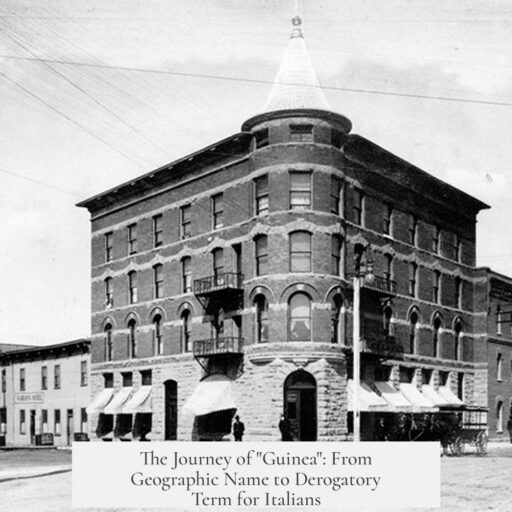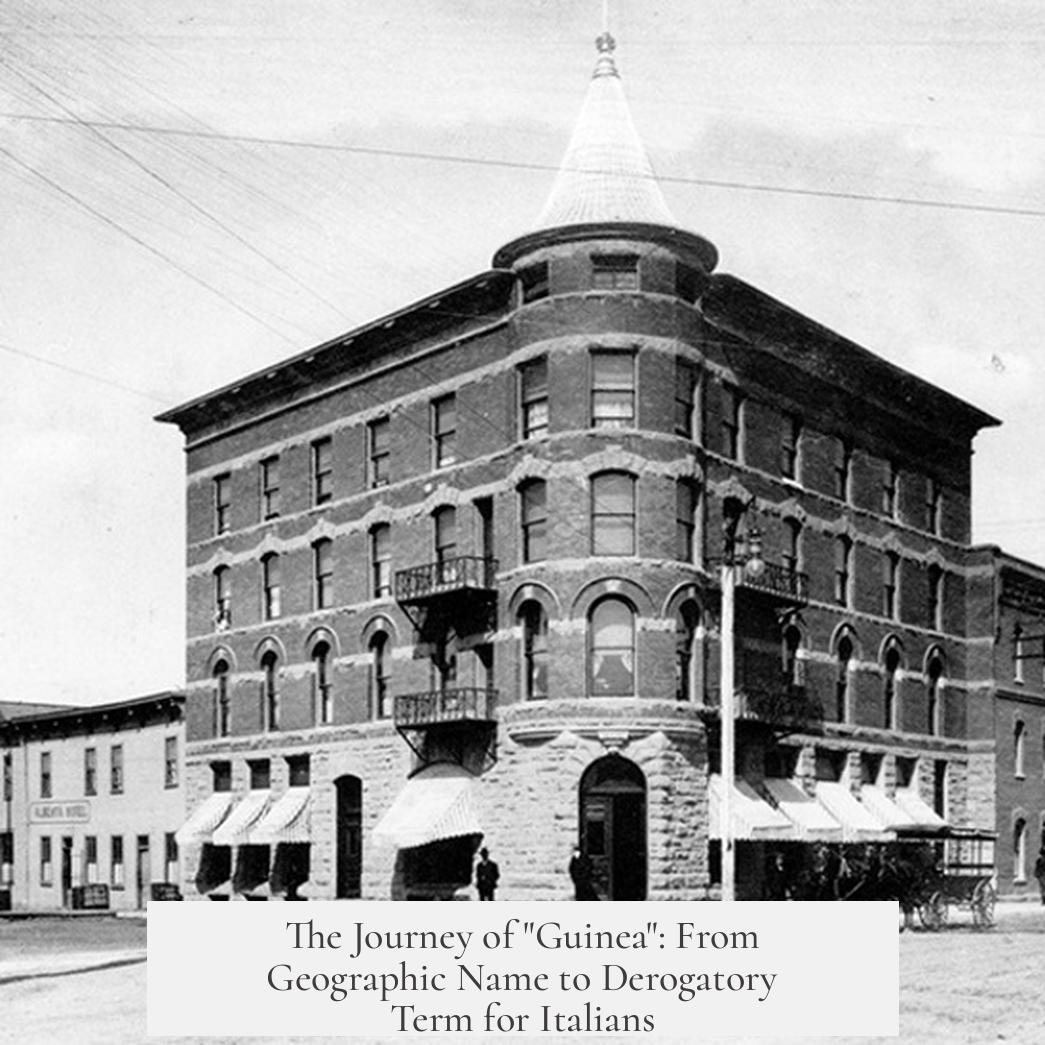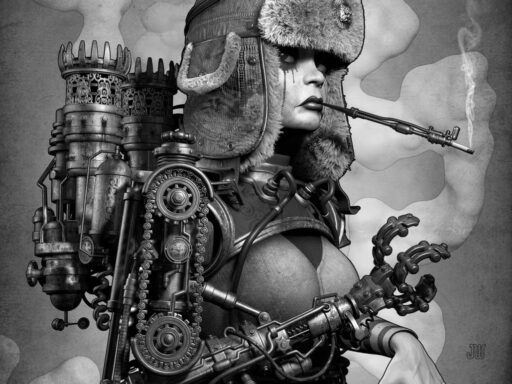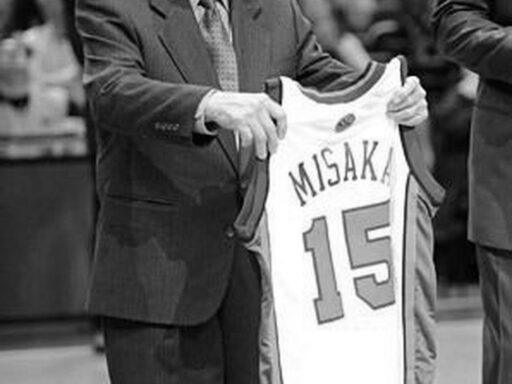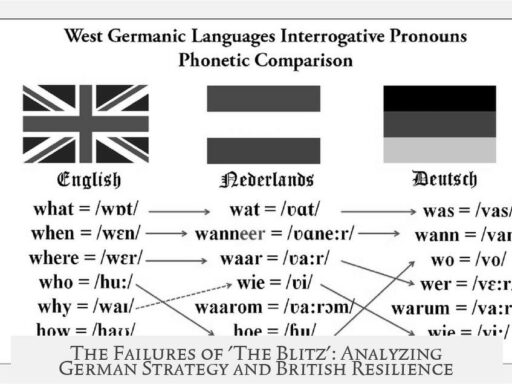The word “guinea” came to be a derogatory term for Italians through a racialized association based on skin color and perceived ancestry. Originally, “Guinea” referred to a region on the west coast of Africa, known since the 1600s as a geographic name. Over time, the term shifted from a neutral geographic label to a slur aimed at southern Europeans, especially Italians.
From the 1600s onward, Guinea denoted the West African coast. This region gave its name to current countries such as Guinea, Guinea-Bissau, and Equatorial Guinea.
When Italians immigrated to the United States, some Anglo-Americans used “guinea” as a pejorative to highlight their relatively darker skin tone. This compared to the lighter complexion of northern European-descended Americans.
The insult implied a connection between Italians and West Africans, suggesting mixed ancestry without basis. It exaggerated Italians’ skin tone to reinforce racial divisions and discrimination. The term targeted southern Italians, who often had olive or darker complexions, unlike many northern Europeans.
The Online Etymology Dictionary explains that “guinea” as a slur aimed to mock Italians by linking skin color with African heritage. This reflected prejudice in early 20th-century America, where ethnic and racial hierarchies influenced language and social attitudes.
- “Guinea” originated as the name of a West African coastal region.
- It became an ethnic slur against Italians based on skin tone differences.
- The term implied a false African ancestry to demean Italians.
- Its use reinforced racial prejudice in American immigrant societies.
How Did the Word “Guinea” Come to Be a Derogatory Term for Italians?
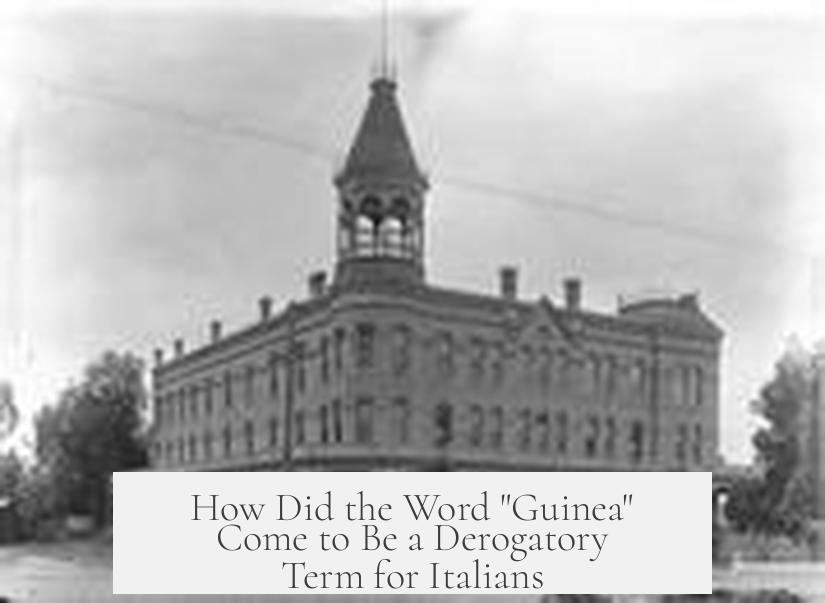
Simply put, the word “guinea” started as a name for a region in West Africa but morphed into a slur against Italians because of their darker skin tone, implying—incorrectly and insultingly—that they had African roots. Sounds awkward, right? Let’s unpack this tangled history.
A Geographic Name That Took a Detour
Back in the 1600s, Guinea referred to a specific part of West Africa. Take a peek at old maps, and you’ll see “Guinea” stretching along Africa’s western coast, hanging around places we now call Guinea, Guinea-Bissau, and Equatorial Guinea. For centuries, the name was just that: a geographic label with no racial slur attached.
Here’s a classic 1736 map that clearly marks Guinea as a region. So far, so good.
When Geography Meets Prejudice: The Evolution of a Slur
But somewhere along the line, “Guinea” took a wrong turn—from place name to insult. How? The answer lies in appearance and social bias. Italians, especially from southern regions, often have darker complexions compared to Anglo-Americans. In the eyes of prejudice, this darker skin led to the term’s usage as a racial jab.
According to the Online Etymology Dictionary, calling Italians “guinea” was a way to highlight their skin tone in a derogatory way. But it didn’t just stop there—the insult carried a nasty implication: that Italians might have West African ancestry.
The African Ancestry Angle: What’s That About?
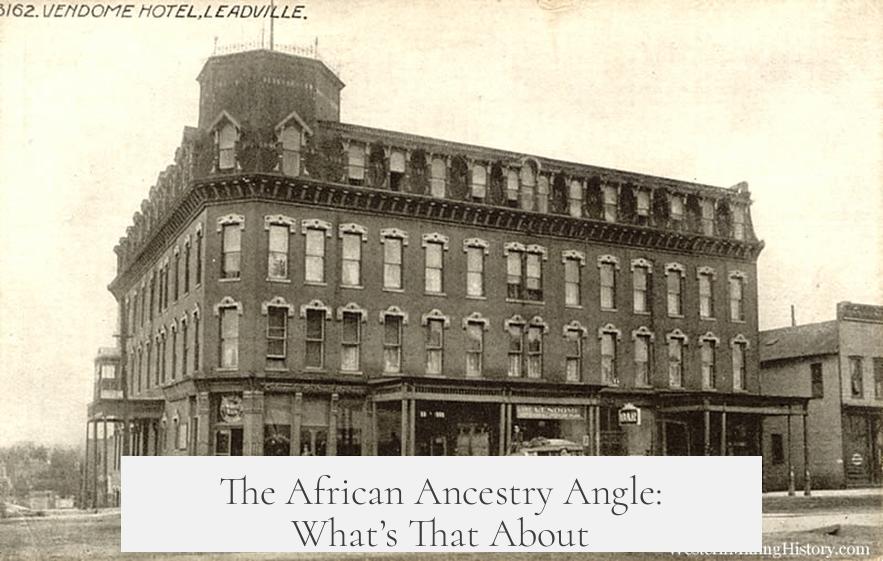
Why African ancestry? It was a cruel stereotype, designed to otherize Italians further. By linking their darker skin to Africa, the term implied Italians were less “pure” or European, which destigmatized the dominant Anglo-American group’s racial superiority.
The slur didn’t suggest actual genetic history; it exaggerated and distorted appearance to demean. Think of it as a misguided attempt to create division through skin tone comparisons. It wasn’t about truth, only about prejudice.
But Why Target Italians Specifically?
Good question. Italians—especially southern Italians and Sicilians—immigrated to places like the United States in large waves during the late 19th and early 20th centuries. They often faced discrimination and hostility from established Anglo-American populations. The “guinea” insult became one among many tools of social exclusion.
Using a geographic term linked to Africa as an insult cleverly emphasized Italians’ “difference” from Anglo-Americans. It deepened the divide, marking Italians as “other” in a system that valued whiteness and blamed darker skin for social hierarchy issues.
What’s the Real Impact of the Term Today?
Thankfully, awareness about racial slurs and their impact has grown. The use of “guinea” as a derogatory term has declined and is widely recognized as offensive. That said, the legacy of insults like this remains a reminder of the challenges Italians—or any immigrant group—faced when assimilating.
Understanding these terms—warts and all—helps us unpack the layers of discrimination immigrants endured. It also pushes us to confront how language can carry harmful stereotypes.
Ever Wondered If The Term Has Any Positive Side?

Honestly, no. Unlike nicknames people embrace or terms reclaimed by communities, “guinea” as a racial slur lacks any redeeming social use. It’s purely derogatory. So, the best advice? Avoid using it. Know the history. Respect people’s identities.
Wrapping It Up: The Journey of “Guinea” from Place Name to Insult
- The word “Guinea” originally named a West African coastal region.
- It evolved into a slur targeting Italians’ darker skin compared to Anglo-Americans.
- The insult implied, falsely and offensively, possible African ancestry to stigmatize Italians.
- It reflected broader racial prejudices and immigrant discrimination, especially in the U.S.
- Today, it serves as a reminder of how language can hurt and divide.
Next time you hear or see “guinea,” remember: It’s more than just a word. It’s a snapshot of history’s unfair treatment of immigrants and racial bias. Awareness keeps us from repeating those mistakes.
So, what do you think? Have words you’ve heard in passing carried hidden meanings like this? Language is full of surprises—and sometimes, it’s worth digging into the dirt beneath the surface to understand how history shaped our speech.
Remember: Words have power. Knowing their origins makes us smarter and kinder communicators.
